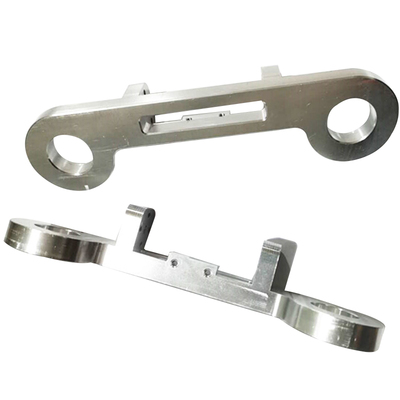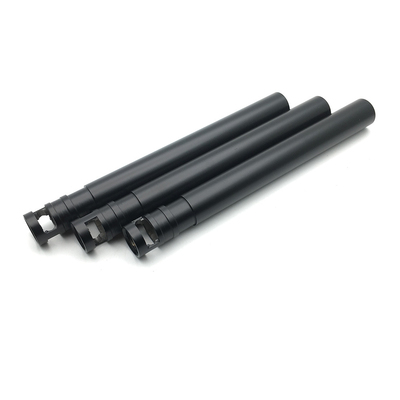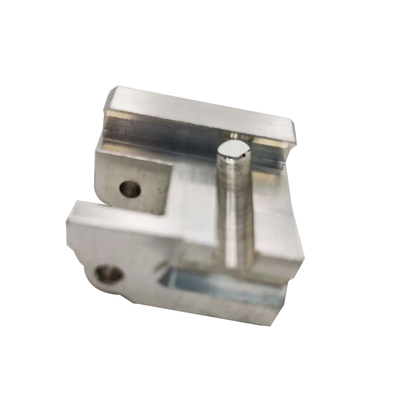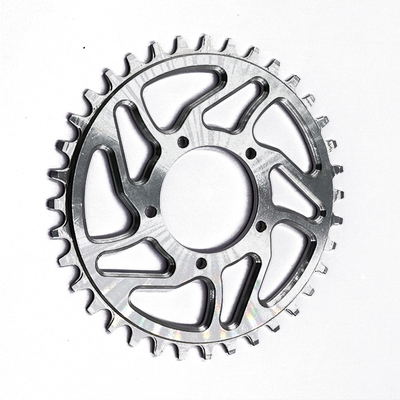The Temperature Of Magnesium Alloy Forging Forming Key Factors
At present, the main forming method of magnesium alloy products is casting, especially die-casting parts. However, the performance, reliability, yield, material utilization rate and equipment capacity of die-casting products are restricted, and cannot meet the requirements of aviation, military and other fields. Requirements for medium and high performance structural parts. Forged magnesium alloys have higher strength, better ductility and more diverse mechanical properties. The forging method can obtain high-performance magnesium forgings that meet more needs, which cannot be replaced by cast magnesium alloy products.
The plasticity of magnesium alloys is ten percent sensitive to the deformation temperature, so its forging temperature range is narrower than that of aluminum alloys. Because the forging temperature range of magnesium alloys is narrow (between 70-150k), it is generally used to accurately control the heating temperature. The box-type resistance furnace or the ordinary box-type electric furnace with circulated air is heated, and the temperature difference is controlled within +-10K. At the same time, it is necessary to ensure an appropriate final temperature, improve the plasticity and fluidity of the magnesium alloy, and improve the forming conditions of the magnesium alloy.
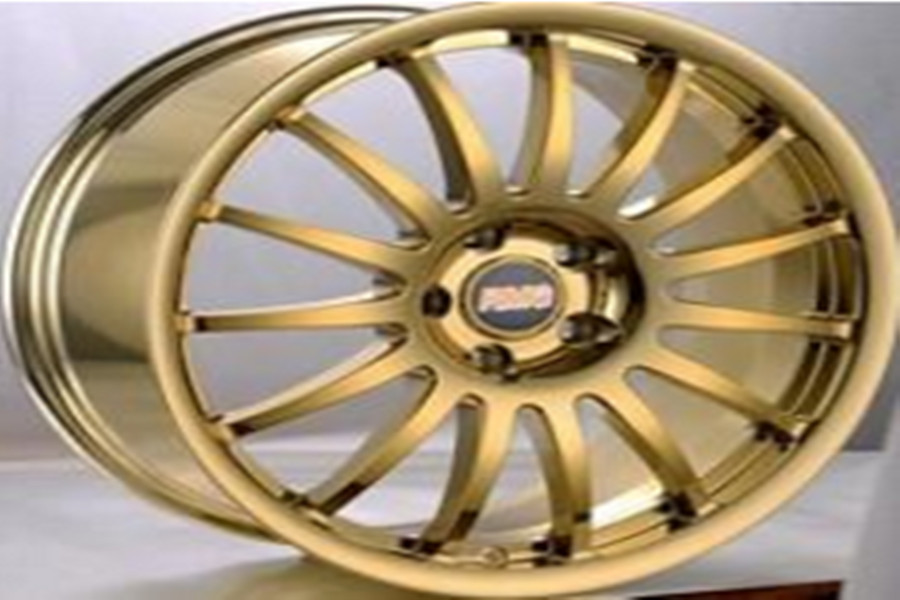
Forging billets can be either extruded or directly cast, but most of the former are directly forged with ingots, which simplifies the process and reduces energy consumption, but the premise is whether the grain structure of the ingot is suitable for direct forging. The grain is too coarse. The rare earth elements Ru and yttrium are added to the Mg-Zn-Zr alloy to refine the grains, and the grain structure suitable for direct forging can be obtained. Mg-AI-Zn series alloys are a kind of magnesium alloys that are widely used and can be used for forgings. The disadvantage is that the ingot grains are relatively large and are not suitable for direct forging. Pre-extruded ingots must be used. The forging temperature of most magnesium alloys is 290eC~415°C, except for the high-zinc ZK60 alloy. The forging temperature of high-temperature magnesium alloy is high, and the heating time of the ingot should be longer to make the eutectic phase fully dissolved.
Magnesium alloys can be forged into forgings of different sizes and shapes. The size of forgings depends on the capacity and structure of the equipment. The forging methods include free forging and die forging, open or closed forging, hydraulic forging or mechanical forging. Or hammer forging.
Free forging is carried out on flat anvils or special-shaped anvils, and rollers can also be used for ring forging. The die should be heated to a certain temperature before forging to ensure the final forging temperature. The ingot should be processed and extruded so that a higher deformation speed can be used. Generally, sawing is used to cut the material, instead of shearing, so as to avoid the formation of cracks at the incision. The ingot should be turned before forging to eliminate the surface coarse-grained layer and other defects. The ingot heating time can be calculated as (1.5~2) min/mm, and the total time should not be longer than 6h. After the magnesium alloy blooms are homogenized, they are cooled in the air.
In addition to reasonable control of the temperature range, proper selection of the deformation rate, control of the structure, and grain refinement can also increase or improve the plastic deformation ability of the magnesium alloy.
Link to this article: The Temperature Of Magnesium Alloy Forging Forming Key Factors
Reprint Statement: If there are no special instructions, all articles on this site are original. Please indicate the source for reprinting:https://www.cncmachiningptj.com/,thanks!
 PTJ® provides a full range of Custom Precision cnc machining china services.ISO 9001:2015 &AS-9100 certified. 3, 4 and 5-axis rapid precision CNC machining services including milling, sheet metal to customer specifications,Capable of metal & plastic machined parts with +/-0.005 mm tolerance.Secondary services include CNC and conventional grinding, laser cutting,drilling,die casting,sheet metal and stamping.Providing prototypes, full production runs, technical support and full inspection.Serves the automotive, aerospace, mold&fixture,led lighting,medical,bicycle, and consumer electronics industries. On-time delivery.Tell us a little about your project’s budget and expected delivery time. We will strategize with you to provide the most cost-effective services to help you reach your target,Welcome to Contact us ( [email protected] ) directly for your new project.
PTJ® provides a full range of Custom Precision cnc machining china services.ISO 9001:2015 &AS-9100 certified. 3, 4 and 5-axis rapid precision CNC machining services including milling, sheet metal to customer specifications,Capable of metal & plastic machined parts with +/-0.005 mm tolerance.Secondary services include CNC and conventional grinding, laser cutting,drilling,die casting,sheet metal and stamping.Providing prototypes, full production runs, technical support and full inspection.Serves the automotive, aerospace, mold&fixture,led lighting,medical,bicycle, and consumer electronics industries. On-time delivery.Tell us a little about your project’s budget and expected delivery time. We will strategize with you to provide the most cost-effective services to help you reach your target,Welcome to Contact us ( [email protected] ) directly for your new project.
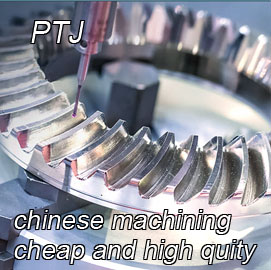
- 5 Axis Machining
- Cnc Milling
- Cnc Turning
- Machining Industries
- Machining Process
- Surface Treatment
- Metal Machining
- Plastic Machining
- Powder Metallurgy Mold
- Die Casting
- Parts Gallery
- Auto Metal Parts
- Machinery Parts
- LED Heatsink
- Building Parts
- Mobile Parts
- Medical Parts
- Electronic Parts
- Tailored Machining
- Bicycle Parts
- Aluminum Machining
- Titanium Machining
- Stainless Steel Machining
- Copper Machining
- Brass Machining
- Super Alloy Machining
- Peek Machining
- UHMW Machining
- Unilate Machining
- PA6 Machining
- PPS Machining
- Teflon Machining
- Inconel Machining
- Tool Steel Machining
- More Material

